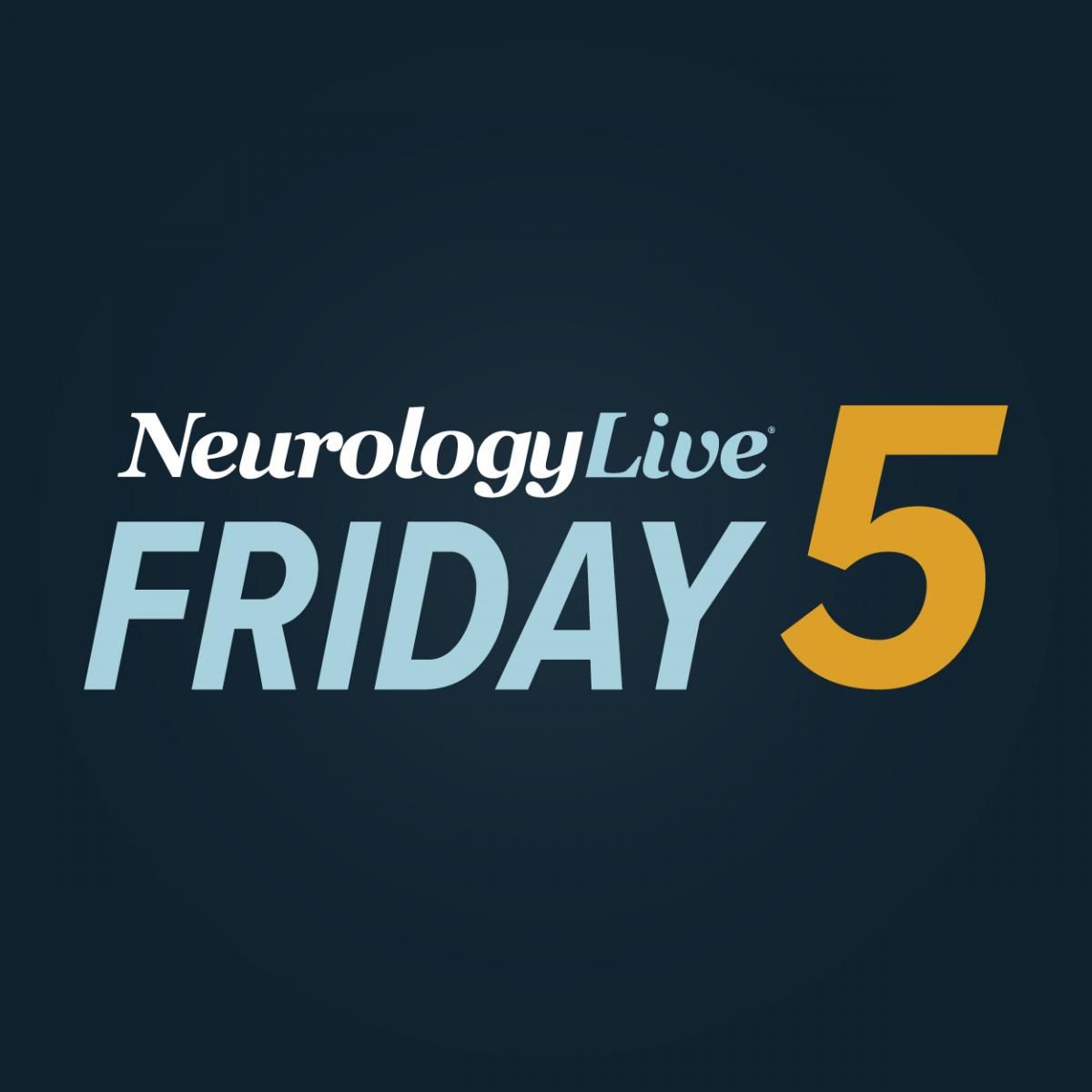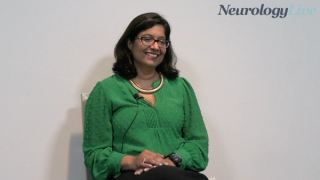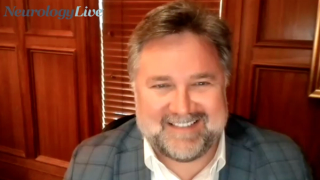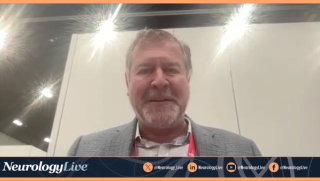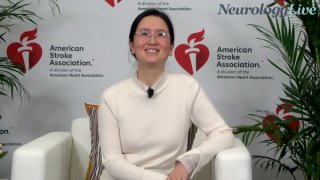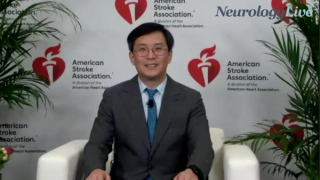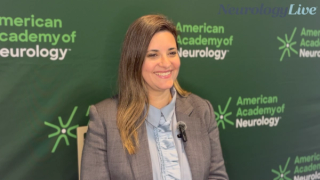
Stroke
Latest News
Latest Videos

CME Content
More News

The thrombolytic treatment, branded as TNKase and approved for adults, is administered as a 5-second IV bolus, upping the speed and simplicity of the 60-minute infusion of the previously approved alteplase (Activase; Genentech).

Take 5 minutes to catch up on NeurologyLive®'s highlights from the week ending February 28, 2025.
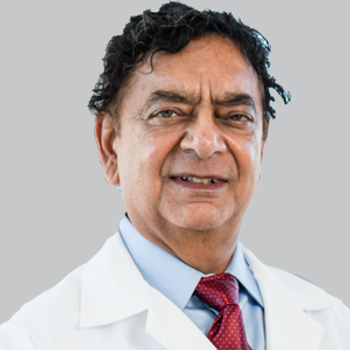
RapidAI identified 98% of LVOs compared to 74% by Viz LVO, while also correctly identifying 94% of LVO-negative cases compared to 91% for Viz.

Propranolol showed a stronger protective effect against ischemic stroke compared to other beta-blockers, such as metoprolol and timolol, possibly due to its unique pharmacological profile.

ANGEL-TNK demonstrated Tenecteplase's potential to enhance microcirculation post-thrombectomy, reducing brain tissue damage from inadequate blood flow.

Take 5 minutes to catch up on NeurologyLive®'s highlights from the week ending February 21, 2025.
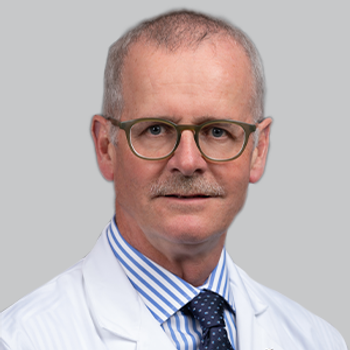
A pair of lead neurologists at Baptist Health South Florida provided commentary on some of the promising developments expected to emerge in neurology over the coming months.

Take 5 minutes to catch up on NeurologyLive®'s highlights from the week ending February 14, 2024.
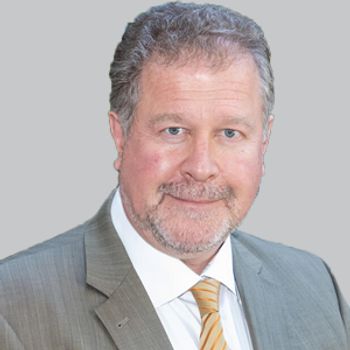
Andrei Alexandrov, MD, chair of the department of neurology at the University of Arizona College of Medicine, covered the latest advancements in stroke care from ISC 2025, from expanding thrombectomy indications to evolving imaging techniques.

Stroke neurologists Lauren Sansing, MD, MS, FAHA, FANA, and Bijoy Menon, MD, MSc, FRCPC, provided a post-conference perspective on the emerging data and research presented at the 2025 International Stroke Conference.
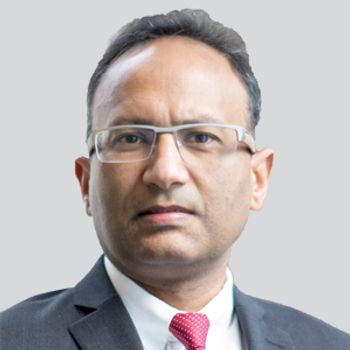
In addition to failing to separate itself on the primary end point, EVT + best medical care was associated with higher rates of serious adverse events (33.9% vs 25.7%) and mortality (13.3% vs 8.4%) compared to best medical care alone.
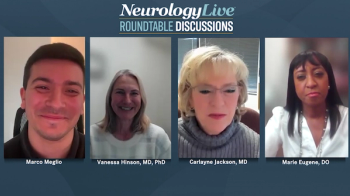
The group of women neurologists provided commentary on the critical areas of women-focused research in neurology, from clinical trial participation to addressing workforce challenges.

In a recently presented study at ISC 2025, poststroke patients reported no additional benefit from using transcranial direct current stimulation as a potential intervention for recovery.

Panelists explore the challenges and opportunities for women in neurology, offering practical advice for young professionals navigating the field.

In this episode, women neurologists share their personal experiences navigating challenges in neurology, offering insights into mentorship, work-life balance, and career advancement.

A group of empowering women leaders in neurology explore the transformative impact of women neurologists on the medical workforce and the strides toward a more inclusive neurology field.

A group of empowering women leaders in neurology explore the transformative impact of women neurologists on the medical workforce and the strides toward a more inclusive neurology field.
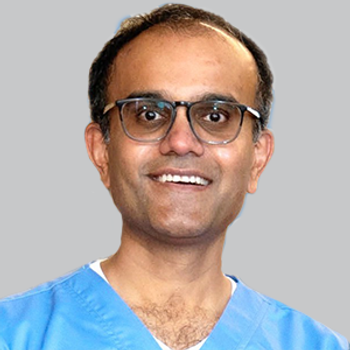
Neal K. Shah talked about an artificial intelligence innovation that can be used to fight denied health insurance claims, thus improving revenue cycle management for physicians' practices and the patient experience.
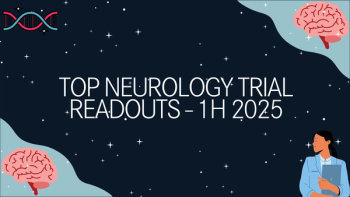
Explore some of the most highly anticipated clinical trials with data readouts expected in the second half of 2025—key updates that researchers and clinicians in neurology won’t want to miss.

The neurointensivist and assistant professor of neurology at Boston Medical Center gave insight on a 2024 paper establishing entrustable professional activities for neurocritical care advanced practice providers.
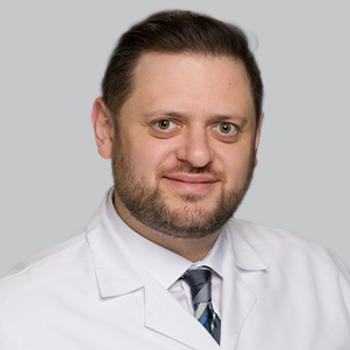
Igor Rybinnik, MD, associate professor in the division of stroke and neurocritical care in the department of neurology at Rutgers Robert Wood Johnson Medical School, talked about aspects of dizziness.
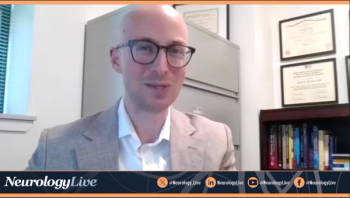
The neurointensivist and assistant professor of neurology at Boston Medical Center provided insight on a 2024 paper that defined consensus entrustable professional activities for neurocritical care advanced practice providers. [WATCH TIME: 5 minutes]
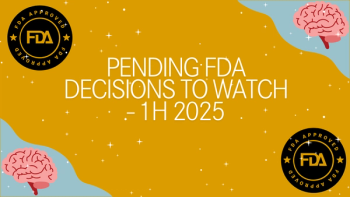
Take a look at some of the most-anticipated FDA pending approvals expected in 2025 that researchers and clinicians in neurology should keep an eye out on.
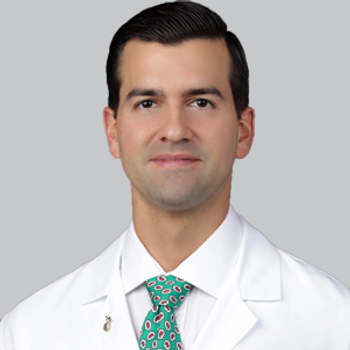
Robert Rothrock, MD, a spinal neurosurgeon at Baptist Health Miami Neuroscience Institute, provided commentary on key topics in spine health amid the 2025 Baptist Health Spine Symposium.
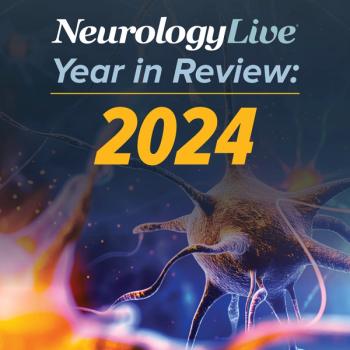
As part of NeurologyLive®'s Year in Review, we've compiled the most-watched expert-led video series that appeared on the website in 2024.


